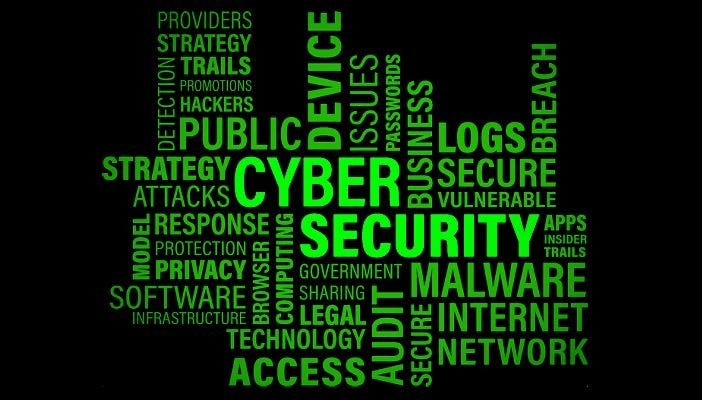In today’s digital age, staying safe online has become more important than ever. With the constant threat of cyber attacks and hacking, it is crucial for individuals to take the necessary steps to protect their personal information and ensure their online safety. Here are some tips for beginners to navigate the digital wild west of cybersecurity.
First and foremost, it is important to use strong, unique passwords for all online accounts. A strong password should be at least 12 characters long and include a mix of letters, numbers, and special characters. It is also important to use different passwords for each account, as using the same password across multiple accounts can make it easier for hackers to gain access to sensitive information.
Secondly, individuals should be wary of phishing scams. Phishing scams are designed to trick individuals into providing their personal information, such as usernames, passwords, and credit card numbers. These scams often come in the form of emails or text messages that appear to be from a legitimate source, such as a bank or a government agency. It is important to carefully review all emails and messages and avoid clicking on any links or providing any personal information unless you are certain of the sender’s identity.
Additionally, individuals should make use of security software, such as antivirus and antimalware programs, to protect their devices from malicious software and cyber attacks. These programs can help to detect and remove viruses, spyware, and other threats, and can provide real-time protection against new and emerging threats.
Furthermore, individuals should take steps to secure their home network. This can include using a strong and unique password for their Wi-Fi network, enabling network encryption, and regularly updating their router’s firmware. Not only does this help to protect their own devices, but it also helps to prevent unauthorized access to their network and the personal information stored on it.
Moreover, individuals should be mindful of the information they share online, especially on social media. It is important to be cautious about sharing personal information, such as full names, addresses, and birthdates, as this information can be used by cybercriminals to steal identities or commit fraud. Privacy settings should be carefully reviewed and adjusted to ensure that only trusted individuals have access to personal information.
In addition, individuals should use secure and encrypted communication methods when sharing sensitive information, such as credit card numbers or social security numbers. This can include using secure messaging apps or websites, and avoiding sharing sensitive information over unsecured public Wi-Fi networks.
Furthermore, individuals should be vigilant about keeping their devices and software up to date. Regularly updating devices and software can help to patch security vulnerabilities and ensure that they are protected against the latest threats. This can include updating operating systems, web browsers, and all installed applications.
It is also important for individuals to be aware of the signs of a potential security breach. This can include unexpected changes in device performance, unexplained account activity, or unfamiliar programs or files on their devices. If any of these signs are detected, it is important to take immediate action to secure the affected device and address any potential security issues.
In conclusion, cybersecurity is a critical concern in today’s digital age. By following these tips, beginners can take the necessary steps to protect their personal information and ensure their online safety. Staying safe in the digital wild west of cybersecurity requires a combination of common sense, vigilance, and the use of security best practices. By staying informed and taking proactive measures, individuals can reduce their risk of falling victim to cyber attacks and ensure that their online experiences remain safe and secure.


